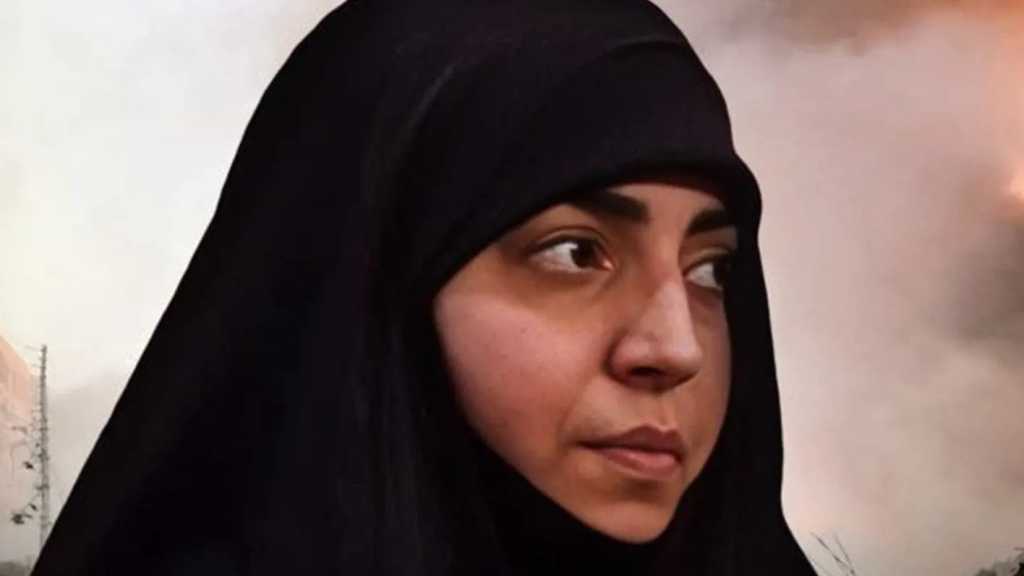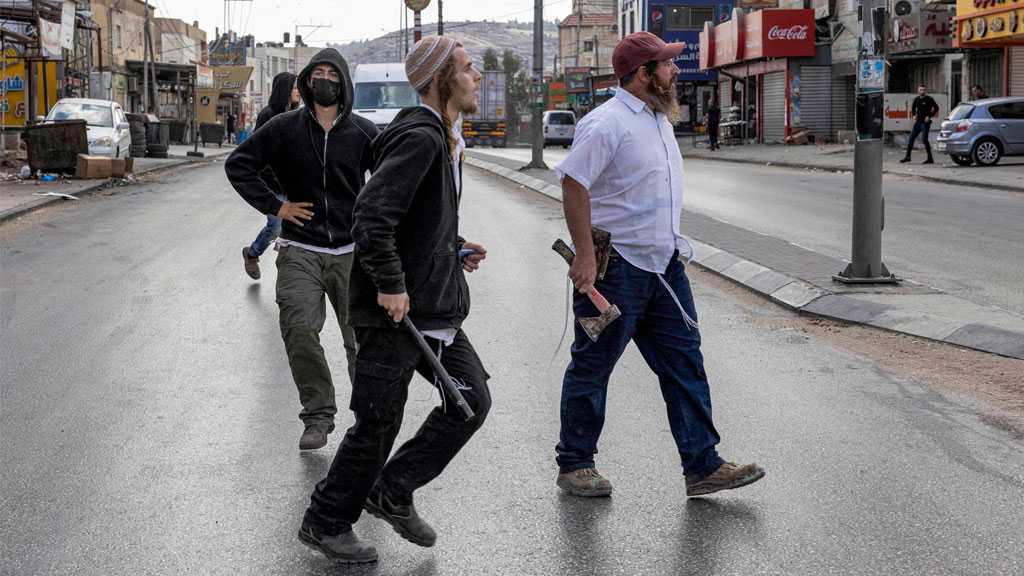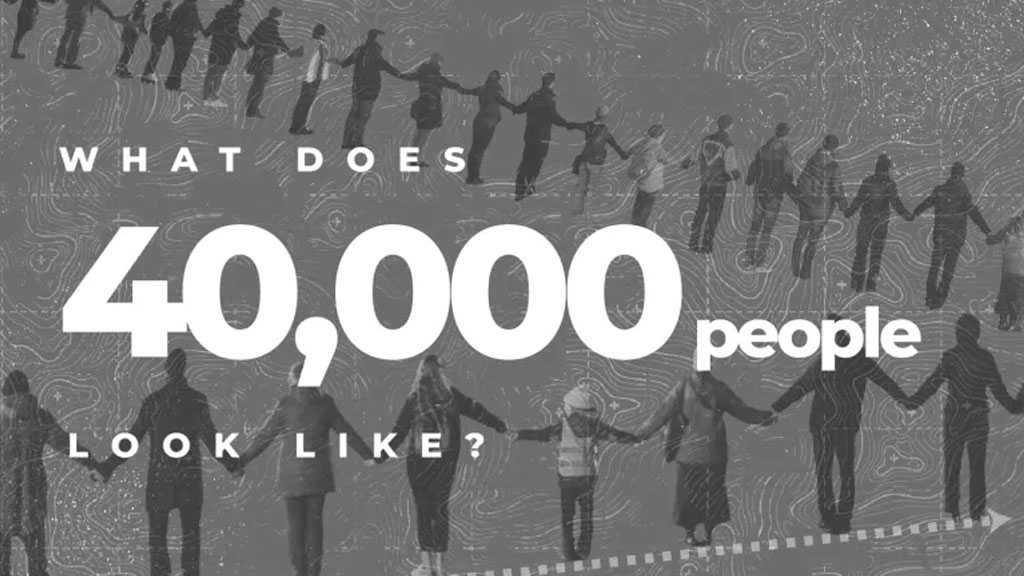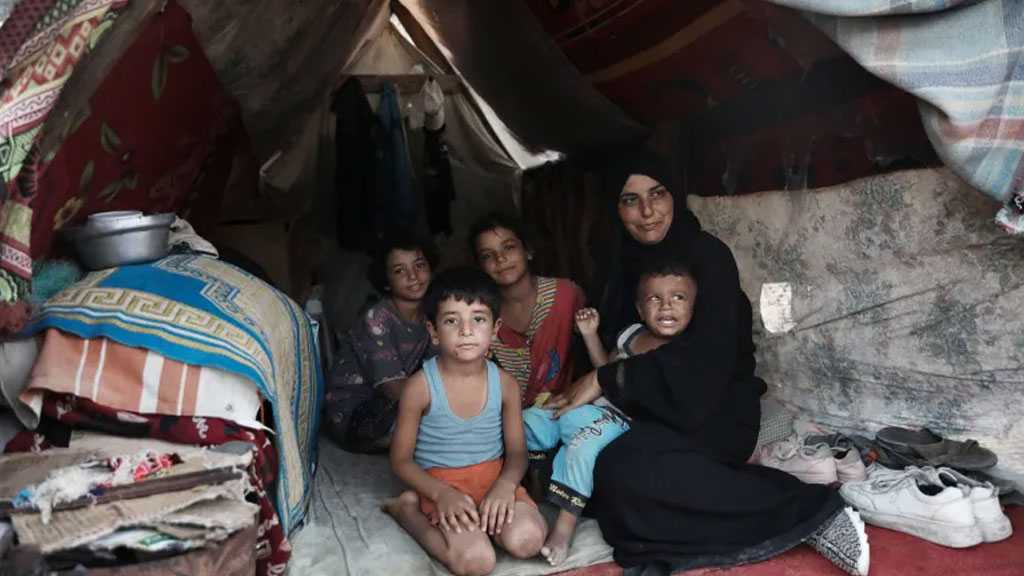The Gaza Orphanage Director: I Carried A Small Boy with Cerebral Palsy to Safety – but He Died Soon After
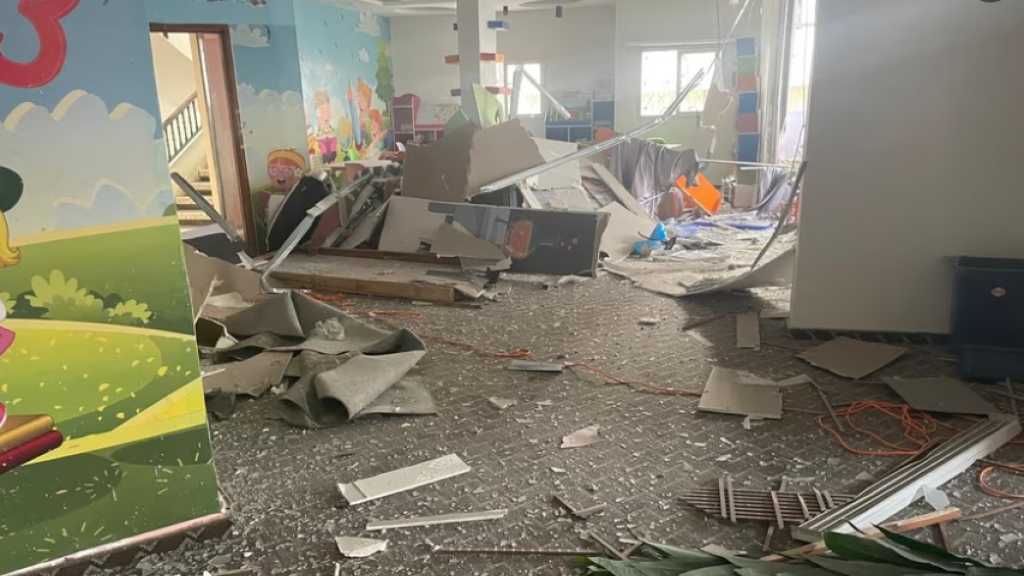
Bethan McKernan, The Guardian
Hazem Rahma, 39, is a director at Mubarrat Al Rehmat orphanage in Gaza City.
What was your life like before 7 October?
I’m from Rimal, in Gaza City. My wife and I have worked at the orphanage since 2010. Before the war, we had 22 children. Most of them have no traceable family and many are disabled. They usually come to us at birth from hospitals because their families can’t afford to take care of them. Five of our wards are girls who are over 18, but since they have no families, they stay with us.
How have you been coping since the war started?
Only my wife and I were able to stay to look after the children. For a while, we managed; we had solar panels and water. But food started to run out and the bombings got closer and closer to us. Understandably, the children were very distressed. There was a lot of anxiety, crying and bed-wetting.
The “Israelis” told everyone to leave, but we didn’t have any way to get the children safely to Rafah or anywhere else. Twelve of them are disabled and many are very small. We were worried that there would be no room at the UN shelters and no way to look after these children, who need a lot of care. But then they bombed the mosque next to us. All the windows blew out and the playroom and kitchen were damaged. The emergency services couldn’t reach the area, so the neighbors had to come to help put out the buildings that caught fire. After that, we were all in the three remaining undamaged rooms.
The damaged Mubarrat Al Rehmat orphanage was badly damaged after the mosque next door was hit by a bomb
When and how did you leave Gaza City?
We decided to leave in December, after the bombing. I felt we had no choice. The neighbors helped us by carrying the children to a big apartment in the south of the city owned by my friend. There was artillery everywhere and the children were very scared. After that, we waited for a pause in the fighting to go further south. We almost ran out of food. We had to get volunteers – strangers – to carry the children down the evacuation road to the south.
It was very hard. I carried Iyas, a five-year-old with cerebral palsy who is blind and deaf, and my six-year-old son walked next to me. My wife and my three other kids were behind me and the “Israeli” army arbitrarily didn’t let them pass when we left the city. They have been stuck there ever since. I don’t always hear from them because there is no electricity or phone signal, but I worry constantly.
We went to Khan Younis first. I tried to build tents for the kids; some people there helped, God bless them. But there was another airstrike nearby and some of us were injured.
Iyas died while we were in Khan Younis. Not from the airstrike; he had developed several infections and had a seizure. We had run out of his medicine. We don’t really know what happened because we couldn’t find any doctors. He was a very sweet boy and was suffering a lot. May God rest his soul. We could not save him.
After that, the “Israeli” army advanced on Khan Younis as well. We went to al-Mawasi.
How is the situation in al-Mawasi?
There is no safe place in the Gaza Strip. The “Israeli” army declared al-Mawasi a safe area, but it has been attacked more than once; there have been several deadly attacks in the past few days. Fear fills our hearts. We are afraid everywhere: while we are in the tent, if we go out to get anything. We could be bombed at any time.
For now, we are physically fine. There are lots of people here volunteering to help, the children have clean clothes and the tents are OK. It is better than for a lot of people. Some aid workers are bringing most of what we need. A major challenge is food. We are always trying to find milk formula and nappies. A few boxes of formula cost $2,000 (about £1,500).
Since the beginning of the war, we have been trying to negotiate getting the children out of Gaza, but the Egyptians want $6,000 a child.
Another challenge I did not expect is that we are getting new children to look after. We have a three-month-old boy – we called him Malek – a two-month-old girl, Yazan, and a five-week-old girl with Down’s syndrome. We have named her Yaffa.
We have no idea where they are from or who their families are; they were given to us from hospitals. Their families must have been killed. After the war, we will try to find them, but, God willing, we will be their family for now. We will try to make up for what they have lost. Life has no meaning if it does not have mercy.

